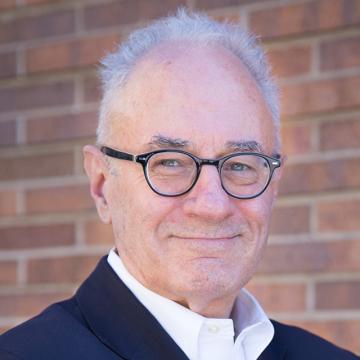Ambassador (ret) William M. Bellamy, Warburg Professor of International Relations, shares his thoughts on the State of the Union.

After being delayed due to the longest government shutdown in U.S. history, many were interested to finally hear President Trump's views on the state of the nation. Several issues were addressed, including the cost of prescription drugs, infrastructure, the Mueller investigation — and, of course, the border wall. To help make sense of the State of the Union, Professor Bellamy shares his thoughts on the address and the border crisis.
Moments of hope overshadowed by negativity
By delivering a soaring vision of shared values, common goals and national unity, and calling for less partisanship, this strange discourse offered a glimpse of what a repurposed Trump presidency might look like. The oddity is that this new gentleness contradicts everything he has said and done since becoming a candidate in 2016.
The State of the Union will more likely be remembered for its negativism, especially President Trump’s discussion of immigration — a warning of lawlessness on the border, of “large caravans” of drug dealers, human traffickers and hardened criminals headed our way who will drive up crime and violence in cities nationwide.
The misrepresentation of the border crisis
As expected, President Trump spent time during the State of the Union trying to justify the declaration of a national emergency that does not exist. Illegal border crossings have been declining for two decades. Arrests of illegal migrants in 2017 was at the lowest level since 1971. Study after study has shown that immigrants (legal or illegal) and refugees do not drive up crime in the U.S.
It’s true the number of families fleeing violence in Central America is up, but very few are trying to sneak into the country. The majority are presenting themselves at the border to U.S. officials in order to have their asylum claims processed — a fundamental right guaranteed to them under international law. The U.S. has both a moral and legal obligation to treat these asylum seekers in a humane fashion.
If there is a crisis at the border, it stems from the Administration’s misrepresentation of reality and its chaotic handling of innocent people asserting their rights. Nothing in this speech suggests the President will stop scapegoating migrants, asylum seekers and refugees. It remains a surefire rallying cry for his political base.
After the dust settles, the tweeting resumes
Supporters and opponents will find what they want in this address. Few Democrats will mistake it for an overture, and few Republicans will regard it as a realistic bid to break the partisan gridlock. Its impact will diminish quickly once the tweeting resumes.

